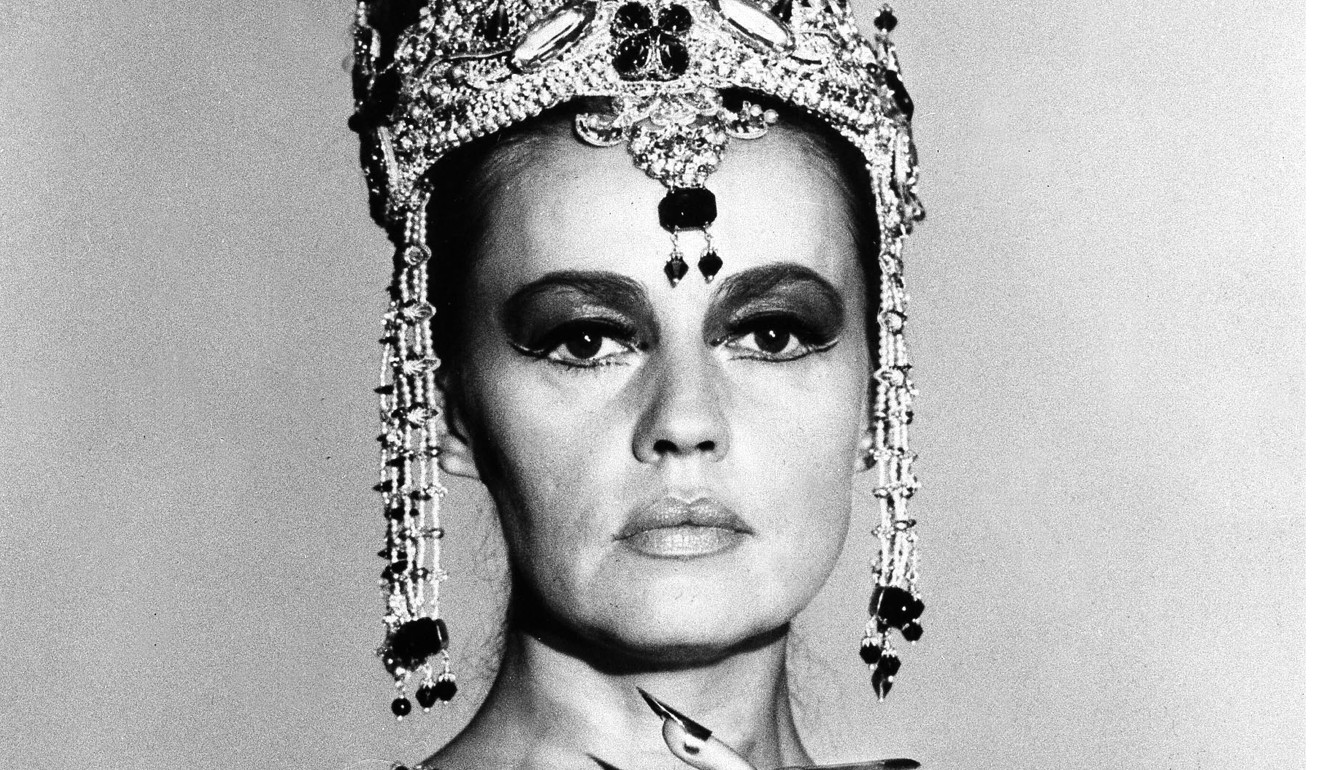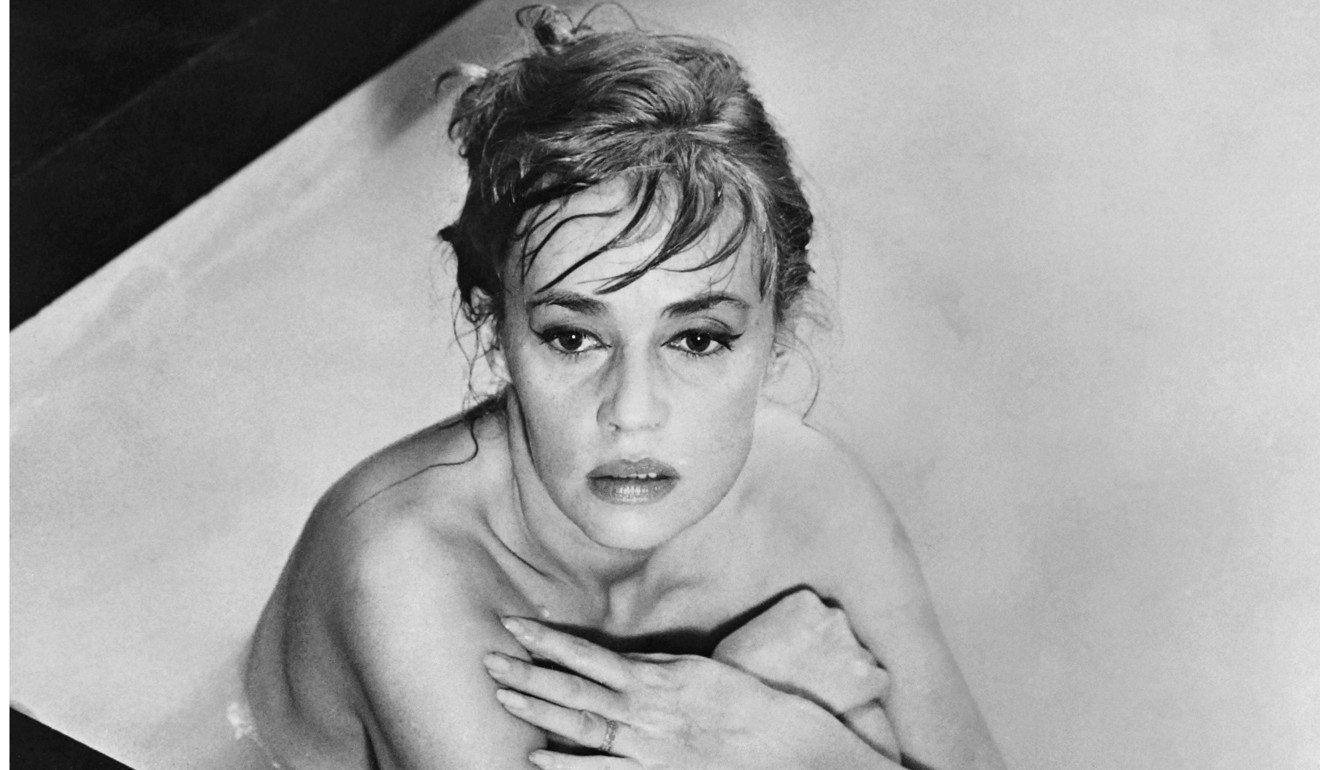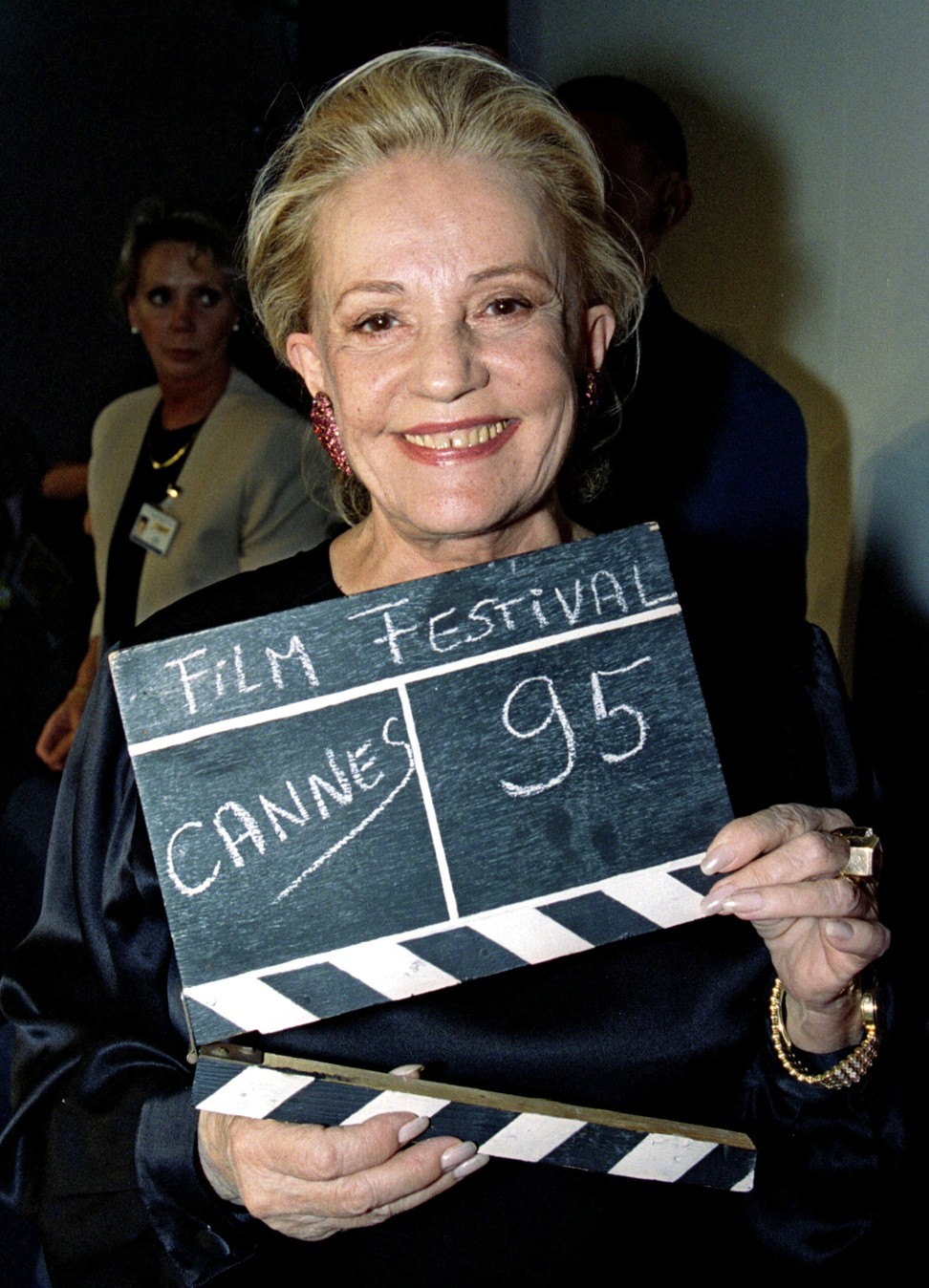
French screen legend Jeanne Moreau dies at 89 after appearing in more than 130 films
Once described by US director Orson Welles as ‘the best actress in the world’, Jeanne Moreau was also a feminist icon, a trailblazer for liberated women at a time when cinema was slowly waking up to women’s issues
French actress Jeanne Moreau, who lit up the screen in Jules et Jim and starred in some of the most critically-acclaimed films of the 20th century, has died aged 89, her agent said Monday.
The husky-voiced actress epitomised the freedoms of the 1960s and brought daring and tomboy charm to a string of cinematic masterpieces from Louis Malle’s Lift to the Scaffold to Joseph Losey’s Eva.
Moreau, who was still making films at 87, was found dead at her home in Paris early Monday, the district’s mayor said.
Once described by US director Orson Welles as “the best actress in the world”, she was also a feminist icon, a trailblazer for liberated women at a time when cinema was slowly waking up to women’s issues.
“Physical beauty is a disgrace,” she once said in her characteristic rasp, her voice redolent with the French cigarettes she constantly smoked.

Leading tributes to the plain-speaking actress, French President Emmanuel Macron said Moreau had “embodied cinema” and she was a free spirit who “always rebelled against the established order”.
It was that sparky rebel spirit that also had some of the world’s greatest directors beating a path to her door, including Welles for his Chimes at Midnight, Michelangelo Antonioni for La Notte and Luis Bunuel for his 1964 film Diary of a Chambermaid.
Born in Paris 1928 to an English-born chorus girl and a French restaurant owner, she took to acting with apparent effortless ease, defying her father’s wishes by joining the Paris conservatoire at the age of 18, and gaining entry to the elite Comedie Francaise theatre troupe two years later.
Her breakthrough came in 1957 when she starred in two films for Malle that challenged the moral certitudes of the times.

She played a criminal in Lift to the Scaffold with its jazz score by Miles Davis, and further ruffled feathers in The Lovers, her first excursion into the sexual frankness that marked much of her later work.
Neither pretty nor plain, like a trick of the light her features could range in an instant from radiance to lassitude, from gaiety to sullenness.
The late Francois Truffaut - who launched her international career with Jules et Jim - said “every time I picture her in the distance I see her reading not a newspaper but a book, because Jeanne Moreau doesn’t suggest flirtation but love.”
In 1960 she began a long run of outstanding roles with Peter Brook’s Seven Days... Seven Nights -for which she won the best actress award at the Cannes film festival - and the seminal Jules et Jim, for which she is perhaps best-known outside France.

Her occasional sorties into English-language cinema included Carl Foreman’s The Victors and John Frankenheimer’s The Train.
But Moreau was most at home in her native land, with a penchant for challenging, literate movies often adapted from works by such writers as Jean Genet and Marguerite Duras.
Ageing gracefully, she confined herself mainly to secondary roles as in Losey’s classic Mr. Klein or Elia Kazan’s The Last Tycoon and then, taking in a brief marriage to the American director William Friedkin, tried her own hand at directing with Lumiere and L’Adolescente.
She was also a competent singer, as evidenced in her rendition of Le Tourbillon de la Vie, the catchy refrain from Jules et Jim.
Watch: Jeanne Moreau sings in ‘Jules et Jim’
Despite her honours - she headed the state commission that dispenses subsidies to French filmmakers, and in 1995 chaired the Cannes festival jury - she was ever ready to take on daring, even salacious roles.
In 1994 she played an exotic half-British, half-Egyptian woman with a flamboyant sexual past in the British television play The Summer House. She did so, she said, as a tribute to her mother who had helped her when she set out to become an actress and who had recently died.
She picked up a slew of lifetime achievement awards in later years - at film festivals in Cannes, Berlin and London, among others.
Having racked up over 130 films over six decades, she continued acting late in life, appearing on stage at the Avignon festival in 2011, and in 2012 on screen in Ilmar Raag’s An Estonian in Paris and Manoel de Oliveira’s Gebo and the Shadow.
“Filming with Jeanne Moreau wasn’t easy,” Raag said.
“She is not just an actress, she also read the scripts before filming and suggested changes the next day.
“In general they were good comments and I took them into account.”
She was married twice and had one son, Jerome, from her first marriage to Jean-Louis Richard, an actor and director.

.png?itok=arIb17P0)